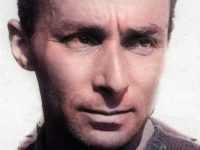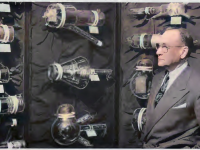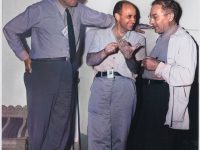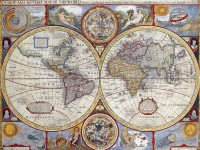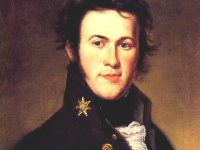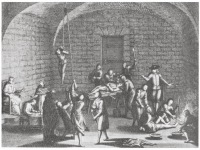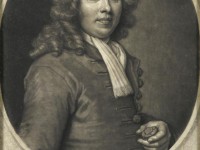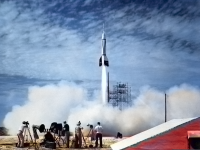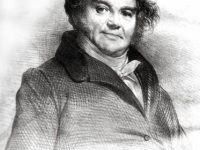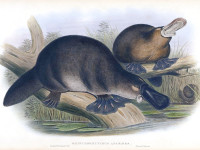Primo Levi and the Best Science Book ever Written
On July 31, 1919, Italian Jewish chemist, writer, and Holocaust survivor Primo Levi was born. As a writer, he is noted for his restrained and moving autobiographical account of and reflections on survival in the Nazi concentration camps. His book The Periodic Table, a collection of short stories published in 1975, and named after the periodic table in chemistry, was named it the best science book ever by the Royal Institution of…
Read more

